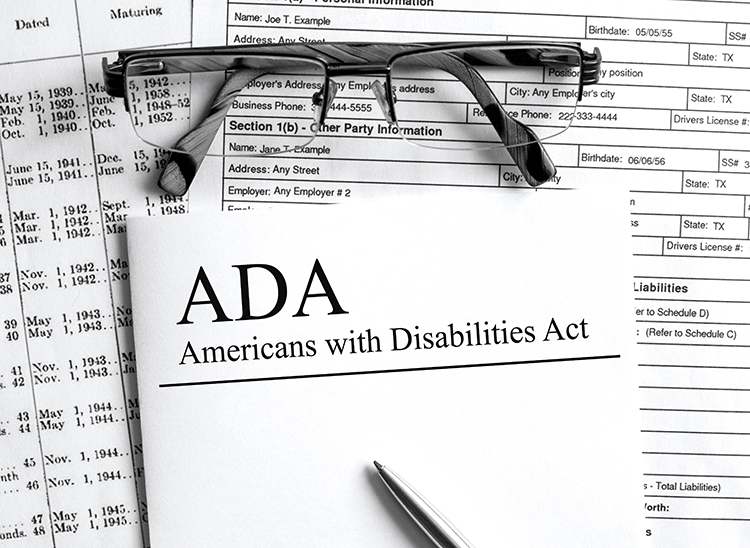Kaufman Dolowich fired associate after rejecting his disability accommodation request, suit alleges

A fired associate at Kaufman Dolowich in Philadelphia has sued the law firm for alleged disability discrimination. (Image from Shutterstock)
A fired associate at Kaufman Dolowich in Philadelphia has sued the law firm for alleged disability discrimination.
The associate has sensorineural hearing loss and an auditory processing disorder. His problems began after he disclosed his auditory disorder in July 2022 and explained that he needs more time to process and decode written words, according to the lawsuit filed June 11 in federal court for the Eastern District of Pennsylvania.
Law360 has the story.
The associate used the pseudonym “John Doe” in the suit and received permission to do so in a June 12 order by U.S. District Judge Chad F. Kenney of the Eastern District of Pennsylvania.
The associate said he completed an accommodation request with human resources in August 2022. He sought an increased allowance of billable hours to complete assignments, weekly mentoring sessions to discuss billing entries, and the ability to work remotely more often to increase his total working hours.
His accommodation requests were denied. After that, supervising attorneys stopped giving him work, according to the suit. He also “faced a marked increase in criticisms concerning his billing practices and performance,” the suit says.
In a November 2022 performance review, the associate urged Kaufman Dolowich to do more to make attorneys who have disabilities feel included. He wrote that he was working with the ABA Commission on Disability Rights to promote accommodations related to billable hours and realization rates.
The associate was fired the next month.
He alleges disability discrimination, failure to provide a reasonable accommodation, and retaliation in violation of the Americans With Disabilities Act. He also claims violation of the Pennsylvania Human Relations Act.
Representatives from the firm did not immediately respond to an ABA Journal email seeking comment.
Write a letter to the editor, share a story tip or update, or report an error.



